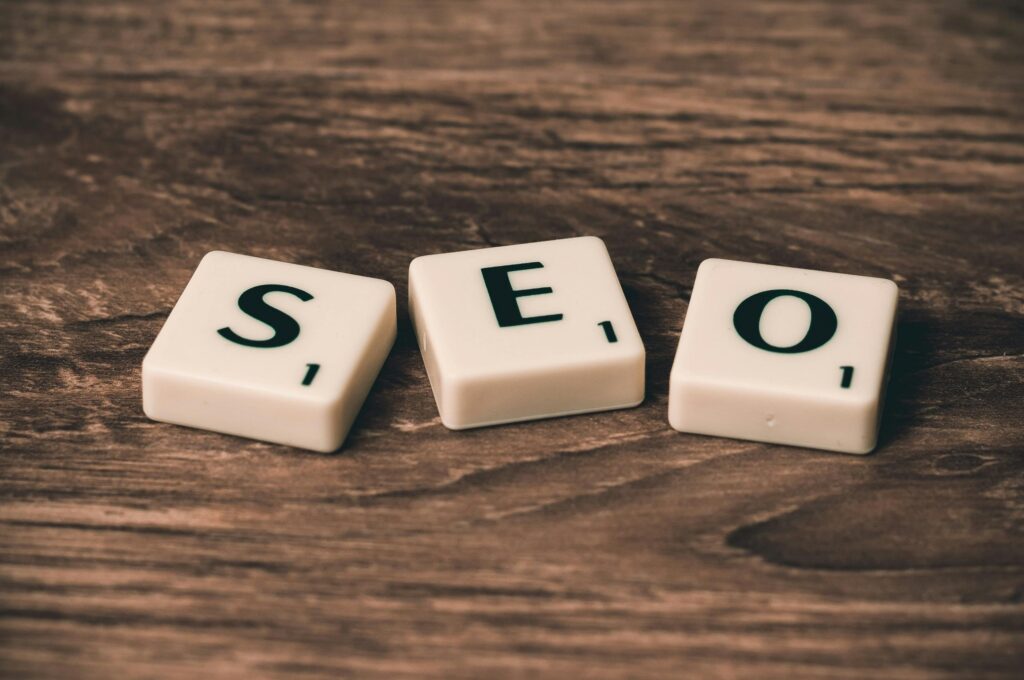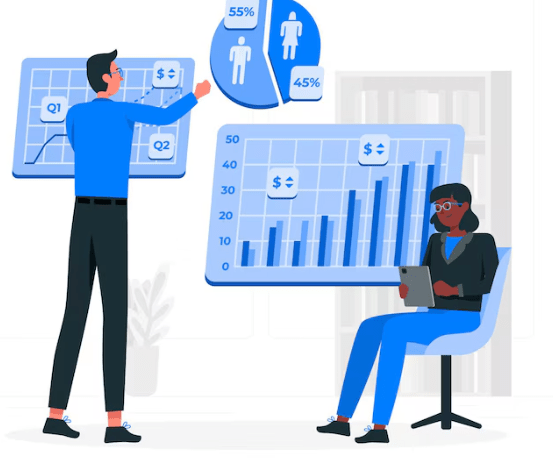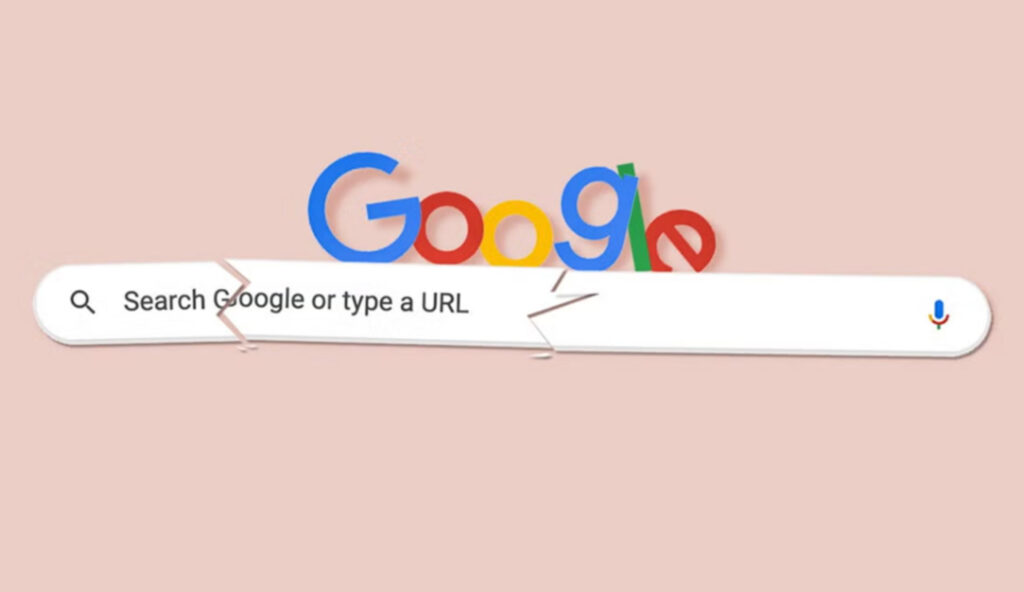When it comes to SEO, the first thing you look into is your audience.
But what really will you be able to tell what it is that they want?
Keyword intent saves the day.
Keyword intent, also known as search intent, is the purpose behind the search query made by a user. It is the cause that drives a person who needs information search. Understanding keyword intent in SEO can help you capture the right audience to your site. It may also assist in creating valuable content that addresses your target audience.
In this guide, we will be studying the concept of keyword intent in SEO, what it is, and how it can be used. Different types of keyword intent, the paradigm of SEO, and servicing the high intent keywords will also be covered.
It doesn’t matter whether you are an SEO expert, content marketer, or business owner; you will get enough information from the guide on how to optimize your site for search engines and improve the conversion rate.
What is Keyword Intent?
Keyword intent, also called quest intent, is the aim of the query that a user places into the search engine. It is exactly what a user does when visiting a search engine.
It is very important to comprehend keyword intent in SEO for SEO purposes. It helps you figure out the content your target market is searching for.
As a result, this can further enhance the website’s ranking in the search engine results. It can also improve the chances of garnering targeted traffic and enhance conversion levels.
Keyword intent in SEO constitutes the comprehension and fulfillment of what the audience requires at the different levels of the buying cycle.
Types of Keyword Intent
Nevertheless, keyword intent in SEO is classified into four main types.
Every type can be aligned with a specific stage of the buying journey of the user. Grasping these types would enable you to formulate messages that would interest your audiences. It can also inform your strategy on keyword targeting.
- Informational Intent
Informational intent is one where the user is searching for information, rather than a product. Knowledge-based searches are usually conducted by users in the awareness stage of the buying journey.
- Navigational Intent
Navigational intent is in respect of searches that have a fixed objective, i.e., a specific page or site. This type is usually conducted by users who have a target page or site.
- Transactional Intent
Transactional intent is when the user conducts a search to make a transaction. This type of search occurs at the decision stage in the buying journey.
- Commercial Investigation Intent
Oftentimes, commercial investigation intent is one in which searches are conducted to evaluate products or services. These searches are typically carried out by users at the consideration stage of the buying process.
Examples of High Commercial Intent Keywords
High commercial intent keywords constitute a group of search phrases that demonstrate purchasing capability.
These keywords are usually targeted by users who stand at the decision stage of the buying process. They have all the information they need and just want to buy.
Here are some examples of high commercial intent keywords:
- “Buy It”
- “Sale”
- “Promo”
- “Voucher”
- “No Delivery Charge”
These phrases tend to be the most profitable for organizations. They have the potential to draw in visitors who are ready to be converted and consequently raise the conversion rates and the profits of the website.
Even while targeting high commercial intent keywords, the most important consideration is meeting the needs of the audience by placing the right content at the right time.
High Intent vs. Low Intent Keywords: What is the Difference?
High intent keywords and low intent keywords are terms that fall under search queries. The difference between high intent and low intent query keywords is the level of activity the user is willing to take.
High intent keywords are key terms targeted by individuals who already have a strong inclination on what they wish to purchase or do. They are already at the final stage of the buying process. For instance, ‘Buy now’, ‘Get discount codes’, or ‘Book appointment’.
In contrast, low intent keywords are those that are used by those who are just beginning to make their purchase decision. They are still in the process of researching facts and are not in any position to make their verdict. For example, “How to,” “What is,” or “Best ways to.”
By this time, it is useful to know what high intent and low intent keywords are and how they matter for your keyword intent in SEO strategy. This is important to hit your audience at the most appropriate point in their buying journey, thus enhancing the quality as well as the conversion rate of traffic to the website.
Benefits of Focusing on High-Intent Keywords
With respect to keyword intent in SEO strategies, it is possible to see that there are some advantages of targeting high-intent keywords. Greatest of all is the probable conversion rate. When you address users who are geared to make a move, chances are high that you will change them into customers.
The second advantage is better ROI. The number of searches for high intent keywords is not as extensive as broad terms; however, they end up bringing in more sales. This means that you’re getting more returns out of your SEO campaigns.
Finally, high intent keywords enable you to get the right kind of traffic to your web pages. These users are not just scrolling; they are ready to make a move. Hence, if you equip them with the information or services, it will be possible to win them to be loyal customers.
How to Identify High-Intent Keywords
High intent keywords can be found, but only with an intimate knowledge of the audience to be targeted and their intent when conducting search queries. It’s understanding what they want and why they want it.
To begin with, consider the current traffic on your website. Check out the keywords that convert on the site. It is likely that these are high intent keywords.
Next, think about the language that people will use when they are ready to act. For example, some of the terms indicating a high commercial intent are “buy,” “price,” “discount,” etc.
Long-tail keywords should also not be neglected. These are longer phrases that specify what the user is looking for. These may generally garner fewer searches, but a higher number indicates a higher level of intent.
Let us finally address the search location. For instance, a query on Google for “best digital cameras” can be described as early in the funnel, whereas a query on “buy canon eos 5d” indicates the searcher is near the conversion stage.
High-Intent Keywords Finding Tools
High intent keywords can be searched out with the help of different tools available for that purpose. Google Keyword Planner is one of the most viable options. It contains the number of searches for a keyword, competition for the keyword, and the conversion traffic that various keywords are likely to have.
Other than that, there is also a useful tool called SEMrush. There is a keyword magic tool in it; using it, one can look for long-tail keywords with high commercial intent. Aside from these tools that will help to identify high intent keywords, understanding keyword intent in SEO and the audience is the most important factor.
Conclusion: The Incorporation of Keyword Intent in Your SEO Strategy
‘Keyword intent in SEO’ is one of the key elements that every perfect SEO strategy should expect to come with, and it further enhances the correct targeting of the desired traffic, which leads to a high conversion rate and general growth of the business.
As was highlighted earlier, keyword intent in SEO is a moving target. One’s keyword intent will change based on the audience’s behavior, the industry space, and the search engine. So, take your time, analyze, test, and if possible, improve on your strategy. Staying ahead of the game, that is, using keyword intent in your marketing strategy, will help you clinch the winning position you might be after in regards to online visibility and success.
Wildnet Technologies, being the best digital marketing company in India, also caters Seo Services to our clients!
FAQ
Ques1. What does keyword intent mean in SEO?
Keyword intent denotes a user’s aim through search whether for information, making a purchase or visiting a certain website.
Ques2. Which is the purpose of identifying the keyword intent in SEO?
By understanding keyword intent, you can formulate content which satisfies users’ needs hence increasing relevance, engagement and consequently, visibility in search engines.
Ques3. What are keyword intents and what are the common types?
The most common types are informational (involves looking for information), navigational (looks up the particular web pages), transactional (the user has the intention to buy or to do something in the page).
Ques4. How do I know keyword intent from my audience?
Keyword intent can be identified by looking at how the search queries are structured and looking at search patterns using Google Keyword Planner and others.
Ques5. What is the effect of keyword intent on rank?
Information in users’ search queries informs how search engines rank contents, in other words, search engines treat users’ intentions to be primary in ranking contents of the web pages.
Ques6. What are the other methods that can facilitate the understanding of keyword intent in SEO?
There are some tools such as Google Search Console, Ahrefs and SEMrush which help in analyzing the search queries and in this way – the keywords’ intents are revealed more effectively.
Ques7. What are some of the benefits of optimizing for the keyword in terms of the user’s intention?
When there is alignment between the concept in the content and the user, it is easier to generate the expected outcomes because the desired information or solution is being provided.
Ques8. What is the distinction between informational and transactional keyword search intent?
A common type of search is one where users learn.” This is called informational intent whereas a transactional one concerned with accomplishing something or completing a purchase is called transactional intent
Ques9. How do I write and construct my content according to the user’s keyword intent?
Based on the type of intent, differentiating common types of intent that require responses such as informational intent where users seek information or transactional intent where users search to find products.
Ques10. Is it possible to have keyword intent as part of the general SEO strategy?
Yes. Implementing keyword intent strategies can help you in SEO as it brings the right traffic, better relevance, and good user experience.
Read more
What is the best free keyword research tool for SEO?
Keyword Research for SEO – What It Is and How to Do It
Cracking the Keyword Code for SEO in 2024 – A Straight Talk Guide
Will AI replace SEO with the emergence of AI Search Engines?







